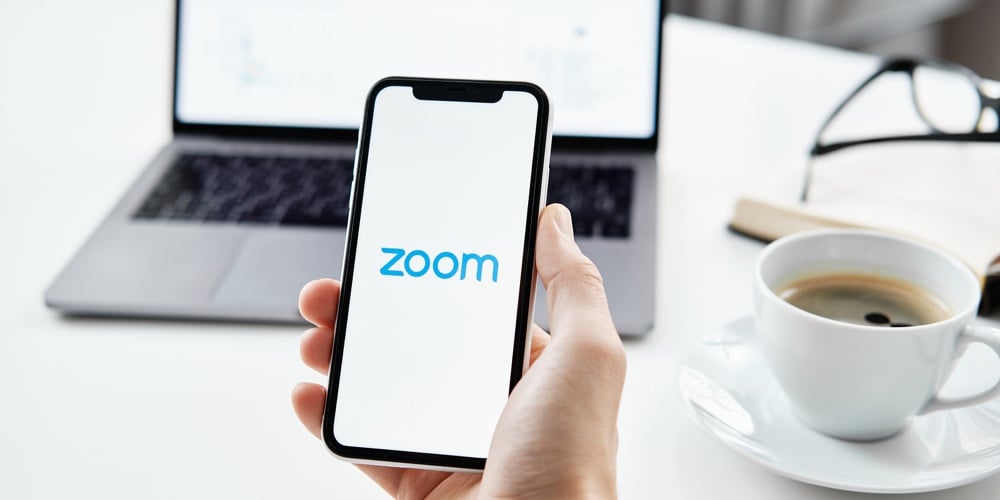It’s not you. It’s me, Zoom.

Zoom fatigue. You feel it. I feel it. It’s been over a year of working from home and virtual meetings have all but replaced office visits. And are you noticing how exhausted you seem to be after a virtual meeting? It feels like you’ve run a mental marathon. Long periods of eye contact, staring at yourself, exercising the thought process like never before, and sitting … just … sitting for hours pretty much transforms me into a bowl of jelly by the time 5:30 pm runs around. Why in the world is videoconferencing is so darn draining?
Well, first off, it’s not natural. For years we have been trained to focus on others within our physical space; from across a desk, a table, or in passing where our eyes can shift from different stimuli. We’d sit or stand next to one another in the breakroom or in the lobby. Today, the bulk of our one-on-ones are through a screen. We maintain near constant eye contact and the size of the images of our faces vary from monitor to monitor, from too intimate to too hard to see to non-existent.
Oh, and who here finds themselves talking to and/or staring at themselves for most of the meeting? I’ve found that I do this so often that when it’s my turn to speak, I have no idea where to look. Honestly, if a year and a half ago I sat down in a meeting, in person, and a video of my face popped up in front of me and I was forced to look at myself for the duration, I’d probably go nuts.
Moreover, there’s almost no nonverbal communication. Well, unless you’ve employed a magnifying glass. I don’t know about anyone else, but body language is a huge piece of how I speak with and understand someone. Those interpretive gestures and other cues we pick up on subconsciously are simply not there in the same capacity. I work overtime looking for them without really realizing I am indeed looking for them. Today, it’s normal for me to talk over people on the street, give exaggerated head nods and smiles, and last week I even thought, albeit briefly, of raising my hand during a conversation with my mother … over the phone.
The increased focus on verbal information, lack of social and emotional signals, and the worry that your dog or cat or kids will interrupt that super important meeting all culminate into real fatigue. But of course, these anxieties are generally positively correlated with the world wide web. In fact, we often barely notice the changes in ourselves. There’ve also been truly valuable opportunities to better connect with folks from all over the world and for families to spend more time together and for gatherings that would have previously been difficult to make happen.
And I would be remiss if I didn’t additionally address how Zoom fatigue may affect us all differently. Are genders affected differently? People of color? People with disabilities? Are cultural differences recognized and respected more or less? These are super important questions, which should be addressed in every workplace regardless of how much or how little virtual conferencing is used.
Clearly, there is a lot to think about. The changes we have experienced and will continue to experience have painted our paradigms in colors we never knew existed.
There are no illusions that Zoom won’t continue to be the preferred if not more popular choice in our back offices for at least the foreseeable future. But there are real psychological consequences of Zooming for hours upon hours, throughout the workweek, and well into an entire year. So, take a minute to ask yourself, “how am I doing?”
Remember, that while human contact is different, and may even be altered forever, you still need to take into account how you are or how you are not coping. It’s ok to take your video off to move around. It’s ok to have a phone conference instead of a virtual meeting. There’s no problem with limiting the number of Zoom calls you have each week in order to focus on how you are feeling with your communication preferences. Require one day a week to be Zoom free, invest in a standing desk to move around more on these calls, and try a screen filter to relieve eyestrain.
As the future continues to zip us by, I’ve no doubt the workplace will evolve and people will become even more accepting of video conferencing and best practices. But I also know that humans will continue to evolve and become more accepting of countless other changes. I only ask that we remember that just because it’s different doesn’t mean we don’t have to be aware of how it makes us feel.

